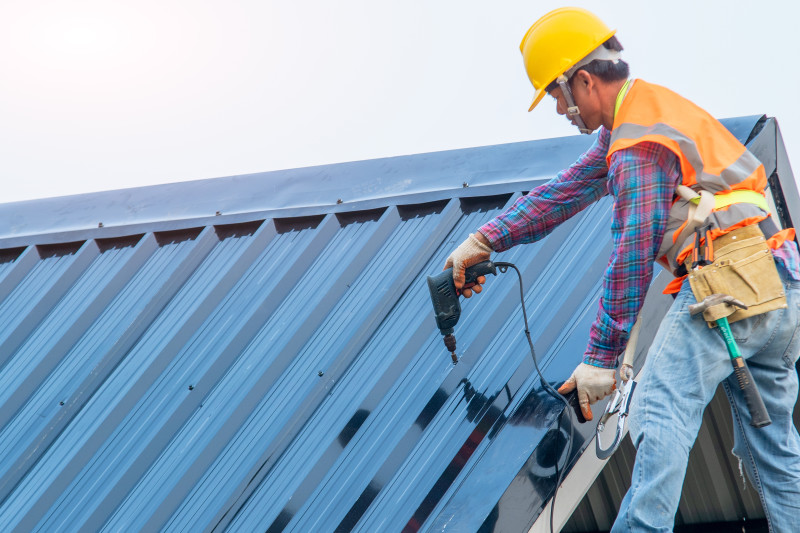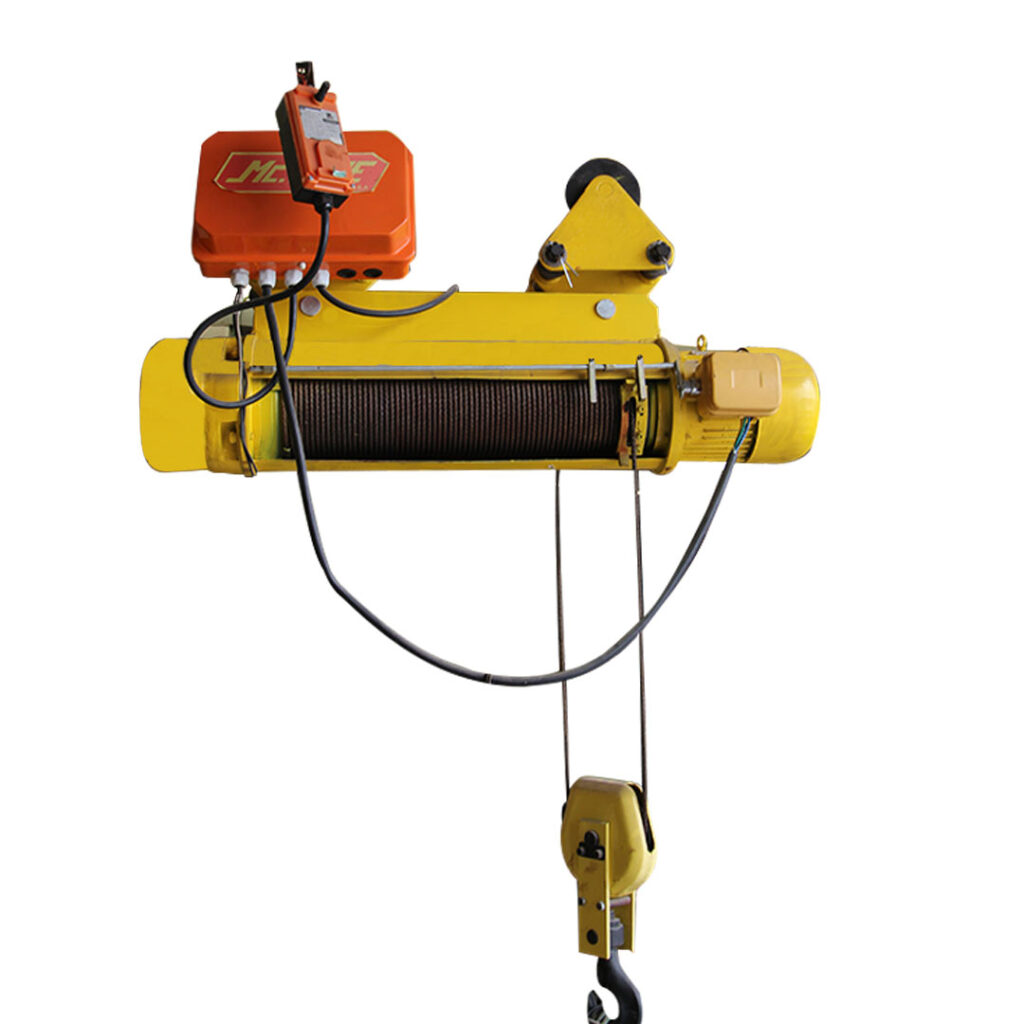In today’s fast-paced commercial landscape, efficiency and safety are paramount. As businesses strive to elevate their operations, the importance of specialized equipment like cherry pickers cannot be overstated. Cherry pickers also known as boom lifts are essential for various commercial projects, from building maintenance to large-scale construction. They provide a safe and efficient means of reaching elevated workspaces, making them invaluable for businesses looking to maximize productivity while minimizing risk. When considering the implementation of cherry picker services for your commercial projects, the benefits are manifold. Firstly, cherry pickers enable workers to access hard-to-reach areas with ease. Whether it is installing signage, performing roof repairs, or conducting high-rise window cleaning, cherry pickers provide the vertical reach necessary to accomplish these tasks safely. Unlike traditional ladders or scaffolding, cherry pickers offer the stability and security needed for workers to focus on their tasks without the constant concern of falling.
 Moreover, using professional cherry picker services can significantly reduce project timelines. With the ability to move quickly between tasks at various heights, these machines can streamline workflows and minimize downtime. For instance, when conducting routine maintenance on a multi-story building, the time saved by using a cherry picker can be substantial compared to manual methods. This efficiency translates into cost savings, allowing businesses to allocate resources more effectively. Safety is another critical aspect where cherry picker services shine. Working at heights poses inherent risks, but professional cherry picker operators are trained to mitigate these dangers. By adhering to strict safety protocols and utilizing state-of-the-art equipment, these professionals ensure that projects are completed without incidents. Regular maintenance and inspections of cherry pickers further enhance safety, making them a reliable choice for any commercial venture.
Moreover, using professional cherry picker services can significantly reduce project timelines. With the ability to move quickly between tasks at various heights, these machines can streamline workflows and minimize downtime. For instance, when conducting routine maintenance on a multi-story building, the time saved by using a cherry picker can be substantial compared to manual methods. This efficiency translates into cost savings, allowing businesses to allocate resources more effectively. Safety is another critical aspect where cherry picker services shine. Working at heights poses inherent risks, but professional cherry picker operators are trained to mitigate these dangers. By adhering to strict safety protocols and utilizing state-of-the-art equipment, these professionals ensure that projects are completed without incidents. Regular maintenance and inspections of cherry pickers further enhance safety, making them a reliable choice for any commercial venture.
In addition to enhancing safety and efficiency, cherry picker services contribute to the overall quality of work. With the ability to position workers precisely where they need to be, these machines allow for greater accuracy and Cherry picker booking in Liverpool attention to detail. This is especially crucial in industries such as construction, where precision is key to achieving a successful outcome. Clients expect high standards, and utilizing cherry pickers can help meet and exceed those expectations. Furthermore, opting for professional cherry picker services allows businesses to maintain flexibility. Many service providers offer rental options, enabling companies to choose the right equipment for their specific needs without the burden of long-term ownership. This flexibility allows businesses to scale their operations according to project demands, optimizing their capital expenditures. Cherry picker services are an indispensable asset for any business involved in commercial projects. By elevating safety, efficiency, and quality, these services empower companies to enhance their operations and achieve their goals. Whether you are undertaking maintenance, construction, or any project requiring elevated access, investing in professional cherry picker services is a strategic move that will elevate your business to new heights.


